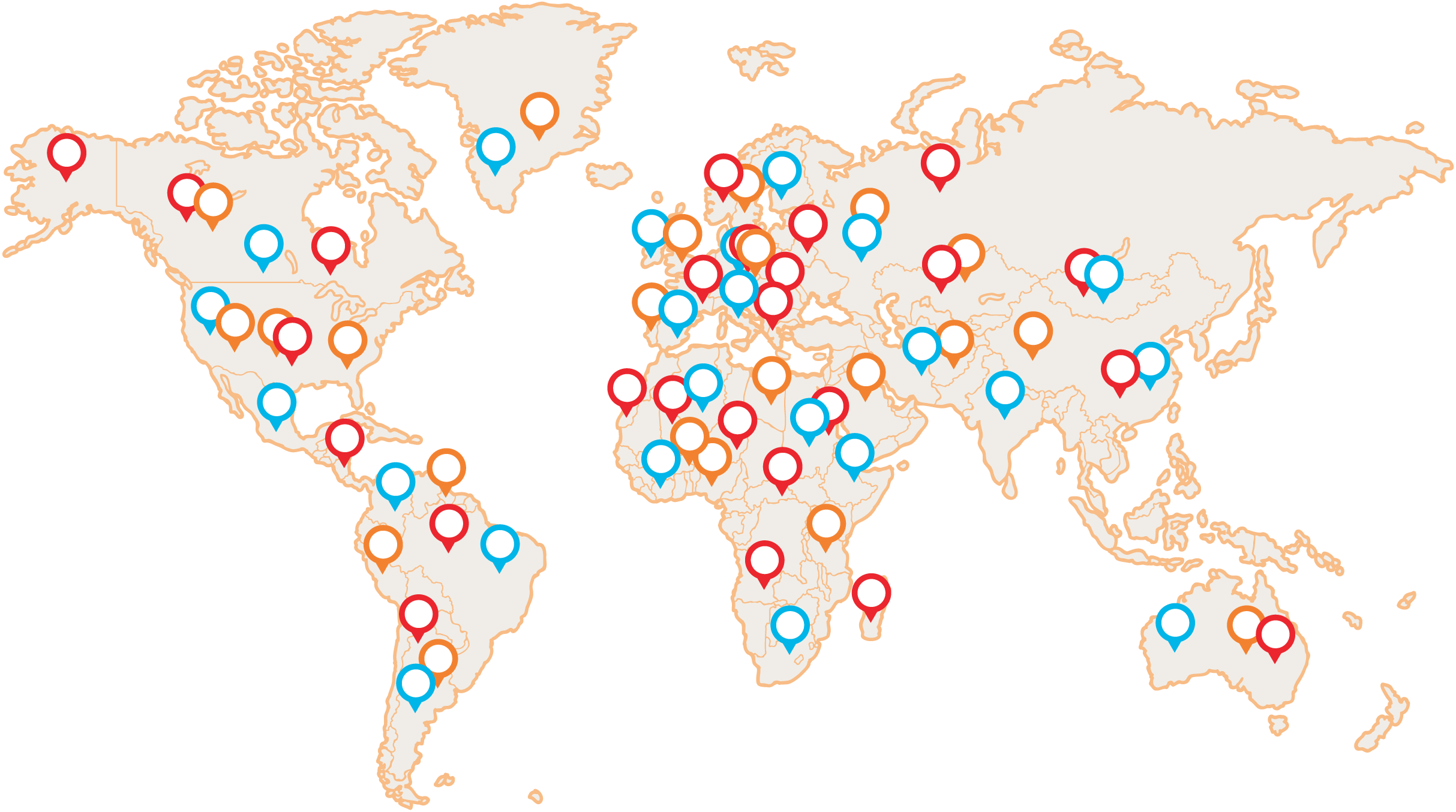Category: digestion, psyche, nerves, insomnia, fatigue, metabolism, detox, liver system, spleen system.
Use of the recipe according to traditional Chinese medicine:
-regulates Qi
-harmonizes the Liver and Stomach
-releases blocked Qi of the Stomach and Intestines
-moves the center and blockages from food
-removes pathological dampness from the middle fire
-strengthens the Spleen and Stomach
Description:
This blend is primarily for conditions where Liver Qi invades the Stomach and causes food stagnation. This manifests as repeated feelings of "indigestion" that are clearly tied to an unpleasant emotional state and/or stress. Symptoms such as fullness, pressure or distension in the epigastrium or lower abdomen, which may go to pain, burping, occur. Acid reflux or heartburn, vomiting after eating followed by relief, bloating and flatulence, mushy stools or alternating with constipation may be present. This may result in lack of appetite and even aversion to food. We have a bad mood or depressed mood, often sighing.
This problem sometimes arises in young children, where it has its roots in the transition from milk to a normal diet. And the fact that babies' digestion is not yet fully developed plays a role here. Or, on the contrary, it comes in older people, where it is already naturally slowed down. But it is also very common in people of working age who do not follow the principles of proper eating - they eat irregularly, overeat, their diet is heavy.
The mixture excellently stirs up the stagnations in the region of the middle radiator - the Liver and the Spleen and thus helps the Stomach to digest better. Our modification of the basic formula makes the Liver even better and harmonizes it with the Stomach, and also helps the Spleen deal with the resulting dampness.
It is therefore an indispensable aid not only for Western diagnoses such as peptic ulcers, chronic gastritis or irritable bowel, but also for so-called psychosomatic digestive problems caused by today's hectic and stressful lifestyle.
Indications:
-recurrent feelings of "indigestion" linked to an unpleasant emotional state and/or stress.
-fullness and pressure in the abdomen or lower back
-pain in the above mentioned localisations
-burping, acid reflux or heartburn
-vomiting after eating followed by relief
-bad breath
-sticky feeling in the mouth
-bloating and flatulence
-mushy stools or alternating with constipation
-lack of appetite or aversion to food
-bad mood or depressed mood, frequent sighing
Modern Uses:
-gastric and duodenal ulcer
-chronic gastritis
-acid reflux
-dyspepsia - lack of stomach acid to digest food
-hypoacidity of the stomach
-abdominal fullness
-distention
-borborygmy (stomach cramping)
-irritable bowel syndrome
-cholelithiasis (gallstones)
-cholecystitis (inflammation of the gallbladder)
-chronic hepatitis
-cirrhosis of the liver
-depression with digestive disorders
Language:
-according to current condition
-may be reddened areas
-coating white or yellowish
-may be moist
-thick to greasy
Pulse:
-xian (string-like) on left middle position and/or hua (sliding) on right middle position
Contraindications:
-tincture contains aromatic products
-which can damage Yin if used for a long time (longer than 6 months).
-contraindicated in pregnancy.
Notes:
The blend also curbs sweet cravings by stirring the Qi center with its better use.
Recipe Ingredients:
|
Adaptation
|
Chinese
|
Czech
|
Latin
|
|
|
Mu Xiang
|
Horsetail burdock, root
|
Rad. Aucklandiae
|
|
|
Sha Ren
|
amom bushy, fruit
|
Fruc. amomi
|
|
|
Xiang Fu
|
Shahor tuberous, rhizome
|
Rhiz. cyperi
|
|
|
Qing Pi
|
Tangerine common, unripe bark
|
Peri. citri vir.
|
|
|
Chen Pi
|
Tangerine common, peel
|
Peri. citri
|
|
|
Lai Fu Zi
|
Radish sown, seed
|
Sem. raphani
|
|
|
Hou Po
|
Shacholan medicinal, bark
|
Cort. magnoliae
|
|
|
Zhi Ke
|
bigaradia, fruit
|
Fruc.aurantii
|
|
Chao
|
Cang Zhu
|
Atractylis ovate, root
|
Rhiz. atractilodis
|
|
Zhi
|
Gan Cao
|
Ural licorice, root
|
Rad. glycyrrhizae
|
|
|
Sheng Jiang
|
 Vital mushrooms PRO (17)
Vital mushrooms PRO (17) MyTao Edition (14)
MyTao Edition (14) Vital Mushroom Extracts (25)
Vital Mushroom Extracts (25) Combination of mushrooms and herbs (18)
Combination of mushrooms and herbs (18) Traditional recipes (5)
Traditional recipes (5) BIO vital mushrooms powder (9)
BIO vital mushrooms powder (9) Syrups (12)
Syrups (12) Dried vital mushrooms (6)
Dried vital mushrooms (6) Honey products (5)
Honey products (5) Vitamins (4)
Vitamins (4) BIO green food (2)
BIO green food (2) Other (3)
Other (3)

